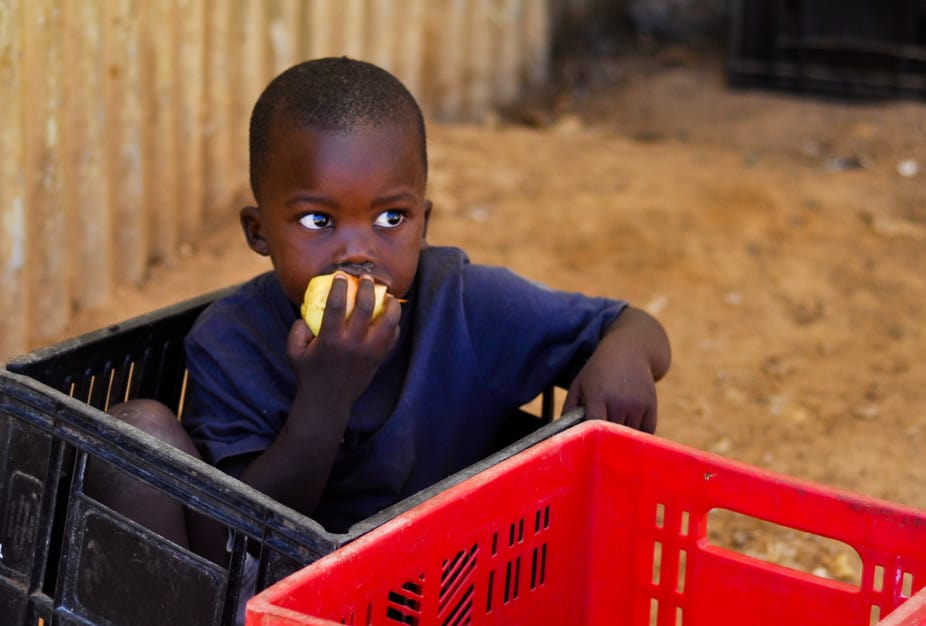
Megan Trace/Flickr
The most recent data shows that 27.4% of South African children under the age of five are too short for their age or suffer from stunting. Children are stunted when they don’t grow at an adequate rate.
The World Health Organisation has height standards for various age cohorts and defines stunting as a `height for age` value, which is less than two notches below the norm. Stunting is a measure of chronic hunger and is a long-term indicator of under-nutrition. The survey shows that one in four children go hungry. It reflects the cumulative effects of poor socio-economic, environmental, health and nutritional conditions. Nutritional status is important for children, not only as they develop in their mother`s womb but also during the first two years of their life.
This is known as the`unique window of opportunity`for their later development. If deprived in this time, the damage from this lack of growth is irreversible. South Africa`s 2016 Demographic and Health Survey shows that stunting remains a national concern. At 27.4%, the stunting rate has remained the same since the last survey done in 2003.
These are the highest recorded levels in the country. In the intervening 13 years, it was assumed that stunting was on the decline. This was based on other nutrition surveys that showed a decrease in the rate. However, the demographic survey suggests this is not the case, instead revealing that child hunger is not improving and may in fact be on the rise again.
The WHO believes that there are two main reasons for the rise in stunting: poverty and malnutrition, which includes the fact that few mothers breastfeed their babies for six months, as the organisation recommends, as well the fact that the food they eat offers little nutrition.
Unless these two issues are tackled, South Africa`s stunting rates will continue to rise. The problem of poverty. The demographic health survey confirms the connection between poverty and hunger. Read more
Authors: Professor Julian May, Director of the Centre of Excellence in Food Security University of the Western Cape, and Professor Stephen Devereaux, Research Fellow, Institute of Development Studies, University of Sussex and SA-UK Bilateral Chair of Social Protection for Food Securityrelated Articles
What would an anti-hunger budget have looked like?
Dr Busiso Moyo is a postdoctoral researcher with Union Against Hunger (UAH) founder-member, the DSTI-NRF Centre of Excellence in Food…
Union Against Hunger: Academia, civil society join forces to combat a ‘slow...
The Union Against Hunger is a coalition of forces from academia and civil society. Photo Alaister Russell/CoE-FS. The recently launched…
Prof Julian May, CoE-FS director, appointed as ASSAf Council Treasurer
In addition to his roles as CoE-FS director and ASSAf Council Treasurer, Prof May is also a Commissioner with the…



